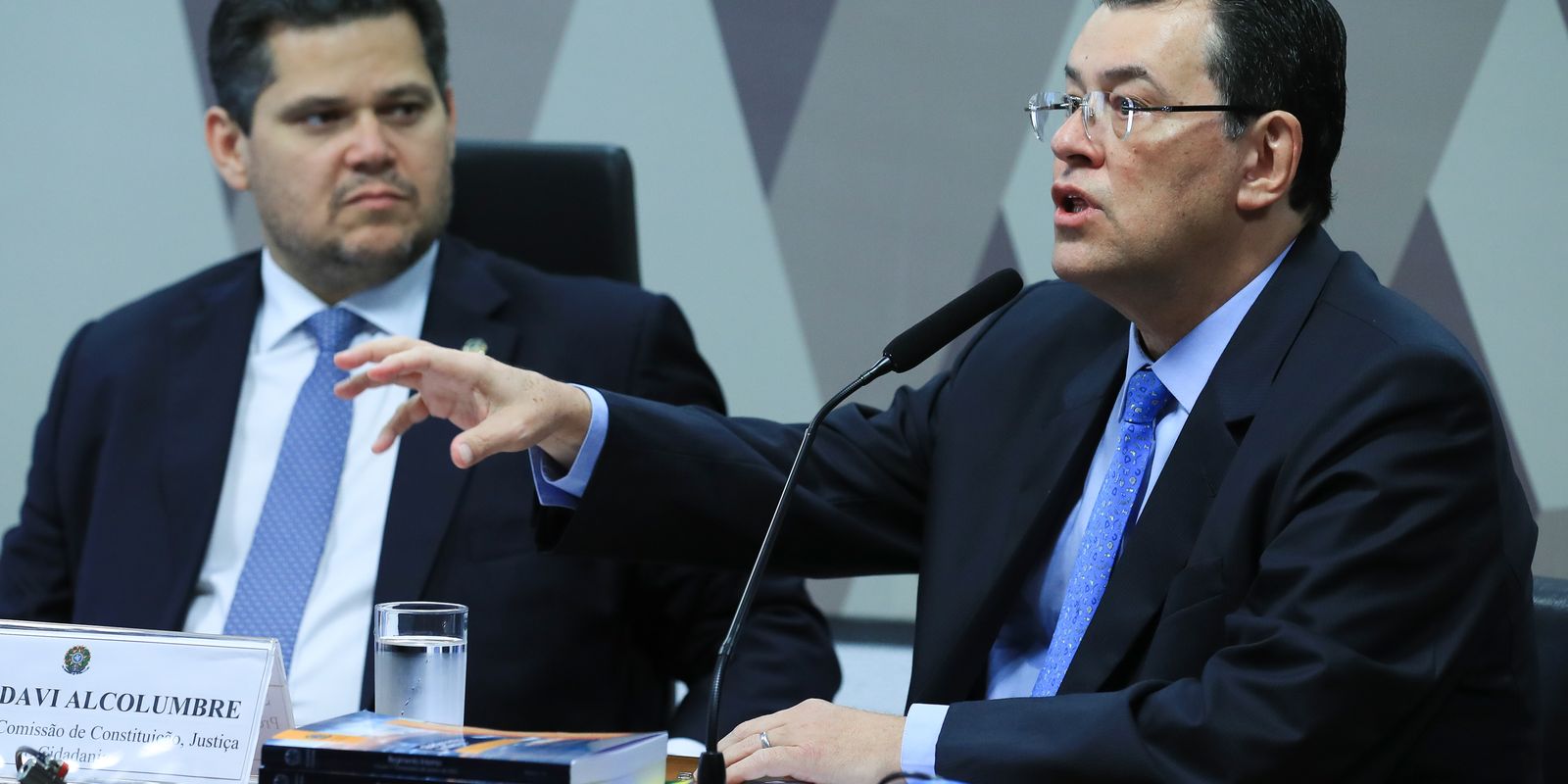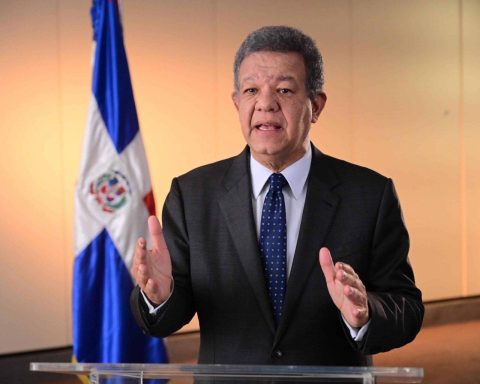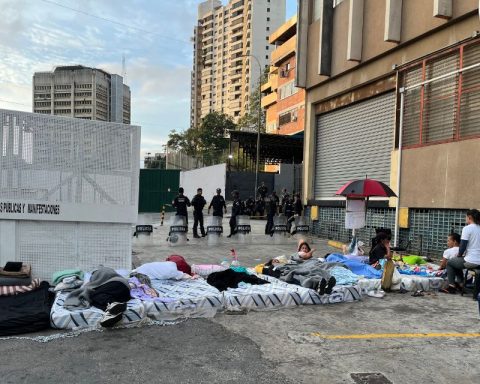The Senate Constitution and Justice Committee (CCJ) approved this Wednesday (23) the work plan for the bill that regulates tax reform, presented by the rapporteur of the matter, senator Eduardo Braga (MDB-AM). Debates begin next week.
THE Complementary Bill 68/2024 It was forwarded to the Senate in August, but by agreement with the presidents of the Senate, Rodrigo Pacheco (PSD-MG), and the CCJ, Davi Alcolumbre (União-AP), the text would only begin to be processed at the end of the municipal elections calendar .
The project regulates the Proposed Amendment to the Constitution 45/2019 (PEC), which originated the tax reform and promulgated by the National Congress as Constitutional Amendment 132/2023. When presenting the work plan, the rapporteur of the matter Eduardo Braga said that while waiting for the processing to begin, he received around 550 representatives from different sectors of civil society, who presented their technical demands.
“The expectation is that we will be able to vote on the matter as quickly as possible, without rushing or rushing, with the broad participation of everyone willing to participate in building a consensus around the project,” he said.
According to the plan presented, 11 public hearings will be held, starting next week, to deal with the new taxes on consumption foreseen in the reform, the Tax on Goods and Services (IBS) and the Social Contribution on Goods and Services (CBS); interests of the productive sectors and the impact of tax reform on the Gross Domestic Product (GDP, sum of goods and services produced in the country); differentiated schemes with a strong social impact, such as national basic food basket, education, health and cashback; impacts of the reform on the health sector and financial services.
The impacts of IBS and CBS on segments related to infrastructure – energy, sanitation and telecommunications – and the real estate sector will also be discussed; selective tax; Simples Nacional and the Manaus Free Trade Zone.
“We will not tolerate setbacks, whether in the development policies of the North and Northeast regions or in the protection of Simples Nacional and the Manaus Free Trade Zone. We will also enforce the tax burden restriction, included by the Federal Senate in the constitutional text, with the aim of preventing future tax increases and ensuring the neutrality of the future tax burden on consumption”, defended Eduardo Braga.
The debates are expected to end on November 14th.
The senator also included in his work plan the holding of two thematic sessions in the Senate plenary, when governors and mayors will be heard.
Processing
During the meeting at the CCJ, senator Izalci Lucas (PL-DF) appealed to the president of the collegiate to ask senator Rodrigo Pacheco that, in addition to the CCJ, the text would also be processed by the Economic Affairs Commission (CAE).
“This matter is clearly economic and, by law, it should pass on merit in the CAE. We need to discuss this at CAE”, he argued.
Eduardo Braga countered the proposal, remembering that during the processing of the Tax Reform PEC, the CAE was heard and that part of the contributions were accepted in the report.
“The competence is unequivocal and exclusive to the CCJ. But not because it is exclusive competence, the CCJ excluded the CAE or the other thematic committees of the Senate from participating in the debate and their contributions”, he argued.
“Not only did we receive the contribution from CAE, we participated in the CAE working group and included in our report a good part of the contributions that CAE presented to the PEC”, said Eduardo Braga.
Senator Fabiano Contarato (PT-ES) also defended that the text should only be processed by the CCJ, with the argument of speeding up the processing. “We have to be responsible with time. This topic of tax reform has already been exhaustively debated. We have to respond to the Brazilian population and economy”, he said.
“With all due respect, I find the request inappropriate and unnecessary. I appeal so that we can approve this topic, following and complying with the chronology of Eduardo Braga’s work plan”, he added.
More than 1,400 amendments to the text were presented by senators. According to the rapporteur, part of them must be incorporated into the text, which will require the proposal to be returned to the Chamber of Deputies. The expectation is that the text will be voted on in both houses by the end of the year.
“In this report, we will have to seek consensus, prior to voting on the text, with the Chamber of Deputies, under penalty of any and all contributions that the Senate makes not being accepted by the Chamber and not reaching the Executive”, defended Eduardo Braga .
“In addition to the deadline for preparing the report, we will need a few days to build a consensus between the leaders of the Chamber, the Senate, the president [da Câmara dos Deputados] Arthur Lira (PP-AL) and the president [do Senado, Rodrigo] Pacheco and the Executive”, he stated.

















